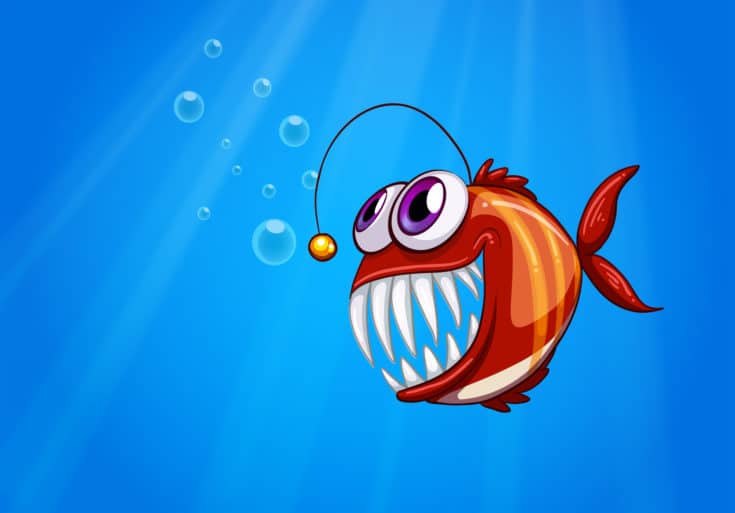What Can be Caught but Never Thrown?

Have you ever been puzzled by a tricky question? You’re not alone. Riddles for teens and adults can be both fun and tough. One word puzzle that often leaves people thinking hard is: “What can be caught but never thrown?”
This question seems easy initially, but finding the answer isn’t as simple as you might guess. Don’t worry – we’re here to help.
This blog post will explain this brain teaser, show you its smart answer, and give you some handy tips for solving similar word puzzles.
After reading, you’ll know the solution to this riddle and learn how to figure out other tricky questions. Get set to boost your problem-solving skills and surprise your friends with your new ability to solve riddles.
8 Things that can be Caught but Never Thrown
1. A Cold

A cold is a common illness that affects the upper part of the breathing system. It makes people feel unwell for a few days to a week.
Colds spread easily from person to person. When someone with a cold coughs or sneezes, tiny drops carrying the illness go into the air.
If you breathe these in, touch things with these drops, and then touch your face, you might get sick, too. Washing hands often and avoiding sick people can help prevent colds from spreading.
2. A Glimpse
A glimpse is a quick, short look at something. It’s like seeing something for just a moment before it’s gone.
You might glimpse a rare bird flying by or a famous person walking down the street. These quick views happen fast and can’t be planned.
While you can catch a glimpse of something, you can’t give or throw a glimpse to someone else. It’s a personal experience when you’re in the right place at the right time.
3. An Idea

An idea is a new thought or plan that forms in your mind. It can be about solving a problem, making something, or understanding things better.
Ideas can come to us in many ways. You might get an idea while talking with friends, reading a book, or thinking alone. Sometimes, ideas seem to appear out of nowhere. When we say we “catch” an idea, our minds suddenly grasp a new thought.
4. Attention
Attention is when you focus your mind on something specific. It’s like spotlighting one thing while everything else fades into the background.
We often say something “catches” our attention when it makes us notice it. This could be a loud noise, a bright color, or an interesting idea.
While you can draw someone’s attention to something by pointing it out, you can’t physically throw your attention to another person. It’s a mental process that happens inside our minds.
5. A Yawn

Our bodies yawn without us thinking about it. We open our mouths wide, take a big breath, and then let it out slowly.
Yawns seem to pass from person to person. If you see someone yawn, you might start yawning, too, even if you’re not tired. Scientists aren’t sure why this happens, but it might be a way our bodies show we understand how others feel.
6. A Fish (in certain contexts)
In fishing, catching a fish means removing it from the water, usually with a rod and line or a net. When we talk about catching fish, we often focus on the act of getting the fish, not what happens after.
For example, in catch-and-release fishing, people catch fish and put them back in the water. “catch a fish” is used even when no throwing is involved.
7. A Ball in a Game of Tag

In the game of tag, being “caught” means being touched by the person who is “it.” There’s no real ball involved.
Unlike games where you throw and catch a real ball, being “caught” in tag is just about being touched.
The ” it ” person tries to touch or “catch” other players. When they do, that player becomes “it.” It’s a simple game that doesn’t require any items to play.
8. A Tune
A tune is a series of musical notes that make up a song or melody. It’s the part of a song you might hum or whistle.
When we say we “catch” a tune, we mean it sticks in our mind. Maybe you heard it on the radio or in a store, and now you can’t stop thinking about it.
This is sometimes called an “earworm”. While you can share a tune by singing or playing it, you can’t physically throw it to someone.
Conclusion
We’ve covered the puzzle behind “What can be caught but never thrown?” From colds and yawns to ideas and glimpses, these answers show how words can be tricky and make us think.
Riddles aren’t just for fun—they help sharpen our minds and improve our problem-solving abilities. When you face a tough question, take time to think in new ways.
Look at words from different angles and find hidden links. This riddle teaches us that language is full of surprises. It reminds us to be open to other meanings and not always take things at face value.
We learn to see things from new angles by exploring these word puzzles. This skill is useful for solving riddles and in many areas of life where creative thinking is key.






